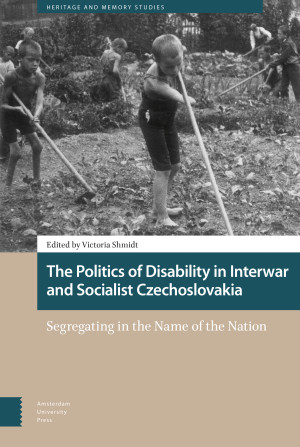"Die Stärke der Studie liegt darin, dass sie Phänomene zusammendenkt, die in der Regel getrennt betrachtet werden. Indem sie die Politik gegenüber Behinderten und gegenüber Roma wie zwei Folien übereinander schiebt und darüber hinaus die Gleichzeitigkeit unter-schiedlicher Einflüsse in den Blick nimmt, gelingt ihr eine überzeugende Darlegung, die auch jenseits der engeren Fragestellung wichtige Erkenntnisse zur Sonderschulerziehung, zur Politik gegenüber den Roma und zum eugenischen Diskurs bietet. Das Wagnis aus der Sozialwissenschaft heraus eine historische Studie zu verfassen, hat sich gelohnt; herausge-kommen ist ein gut recherchiertes und empfehlenswertes Werk!"
- Natali Stegmann, Zeitschrift für Ostmitteleuropa-Forschung / Journal of East Central European Studies 3/2020
"The combination of study the politics of disability in past, the geographical placement with actual topic on mechanisms of producing inequalities has resulted in an excellent book. It has both academic and societal relevance."
- Prof. Elena Marushiakova, School of History, University of St Andrews, Scotland
"This remarkable volume analyses almost a century of Czechoslovakian eugenics which emerged in the 1920s. Its objects were disabled people as well as ethnic minorities considered to be ‘inferior’ or ‘asocial’, in particular the ‘Gypsies’. One of the great merits of this important and exciting book is its focus on a gender perspective."
- Gisela Bock, Freie Universität Berlin


